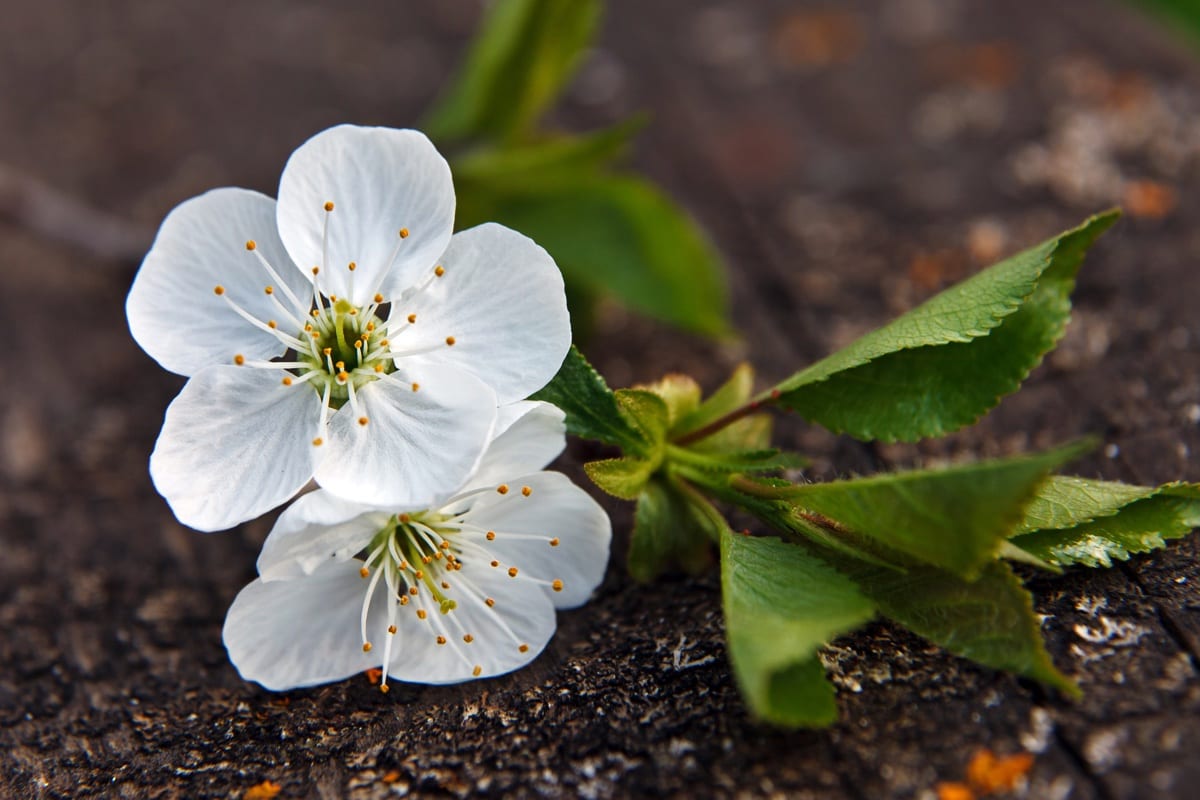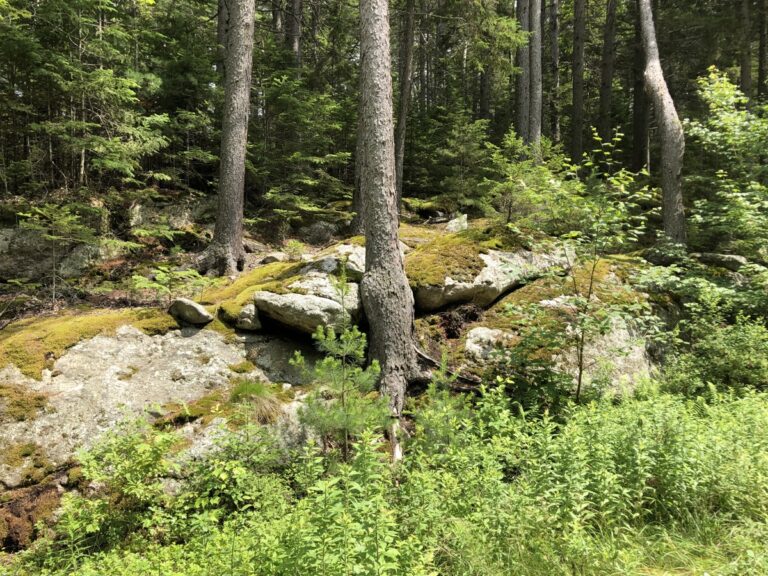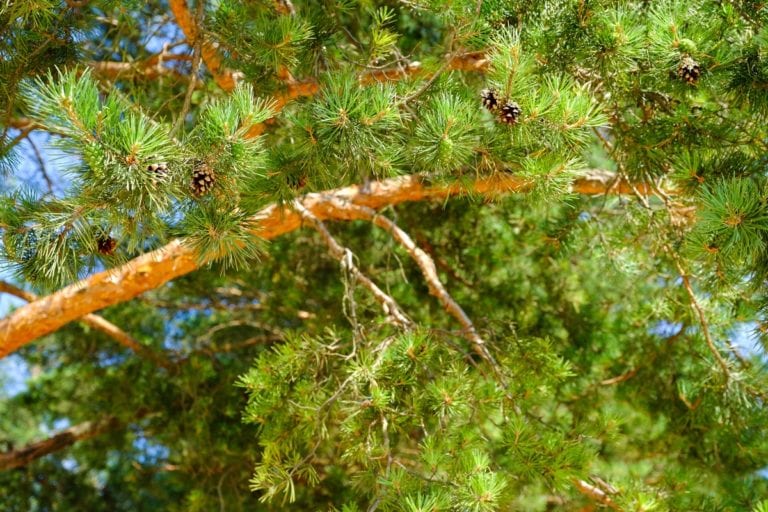
Similar Posts

February 2020 Audio Meditation
For those who would like to have images with your meditation, here’s our link to YouTube for an audio meditation with images…
Week 632: Being Water
As I write this, I’m in Amherst, Massachusetts, having just completed a small professional workshop. One of the things I always share with colleagues is the power of “being water” when working with clients, moving through life in general and, especially, when facing challenging situations. As I talked about being water, it reminded me of Read More “Week 632: Being Water”

839th Week: Choosing Frequencies
I recently went on vacation with my sister for our annual time away together. As part of my preparation for the trip, I did a meditation in which I chose the qualities I wanted to resonate with throughout the trip. The primary frequency I chose was “flexibility”. During my daily life, I often choose the frequency of “kindness”, along with “flexibility”. What I want to share here is an interesting experience I had that I think makes consciously choosing frequencies with which to resonate in any given situation much more appealing.
At one point in the trip, a situation arose that in the past would have had me feeling constrained and a bit irritable. What I discovered was that I was relaxed and “going with the flow” in a way I hadn’t anticipated and in a way that required no self-management on my part. A response of being flexible naturally and spontaneously arose and then, the important thing I want to share here, is that I noticed that the quality and tone of my self-talk was different from how I would have expected it to be. I found myself telling myself that, “It’s all fine. No problem.” As I listened to those internal words, I found myself even more relaxed.
This all got me to thinking about how useful it is to have supportive self-talk spontaneously arise without having to exert any conscious effort for it to do so. I can only attribute the quality of the self-talk to my resonance with the frequency of flexibility. That tone and quality seemingly pervaded my psychological experience, along with my body, in ways that allowed me to move through the whole week with flexibility at the forefront of my responses.
Read More “839th Week: Choosing Frequencies”
826th Week: Being, Doing, and Self-Talk
As I write this practice, it is vigorously snowing outside and I am deeply grateful to be tucked in and warm. As I watch the snow fall, I find myself pondering something that came up recently and that is the relationship between, and differences around, being and doing.
This got me to thinking about the importance of how we be and that our being is so much more important than our doing. That doesn’t mean doing doesn’t play a significant role in how we engage and impact the world, but it seems to me that the bottom line really focuses on the quality and tone of our being.
I’ve said before that our internal self-talk is a form of self-hypnosis and that the quality of our self-talk plays a major role in determining the quality of our internal life, of our felt-sense of who and how we are in the world. There are many practices that invite us to track our self-talk, along with suggestions as to how we might shift from self-critical internal conversations to those that reflect acceptance, support, and gratitude for who and how we are. Some are from cognitive therapy approaches and some are from the ever-expanding influence of mindfulness practices.
For this week’s practice, first, I invite you to become even more aware of the internal conversations you have with yourself and to notice how these moments of self-talk affect you. Do they lift you up and make you feel more able to engage the world, to dive into activities and projects that nourish you, to help you settle into a deeper sense of comfort with yourself? Or, do these moments of self-talk drag you down, generate shame, or make you feel that you want to avoid connecting with your world?
Read More “826th Week: Being, Doing, and Self-Talk”